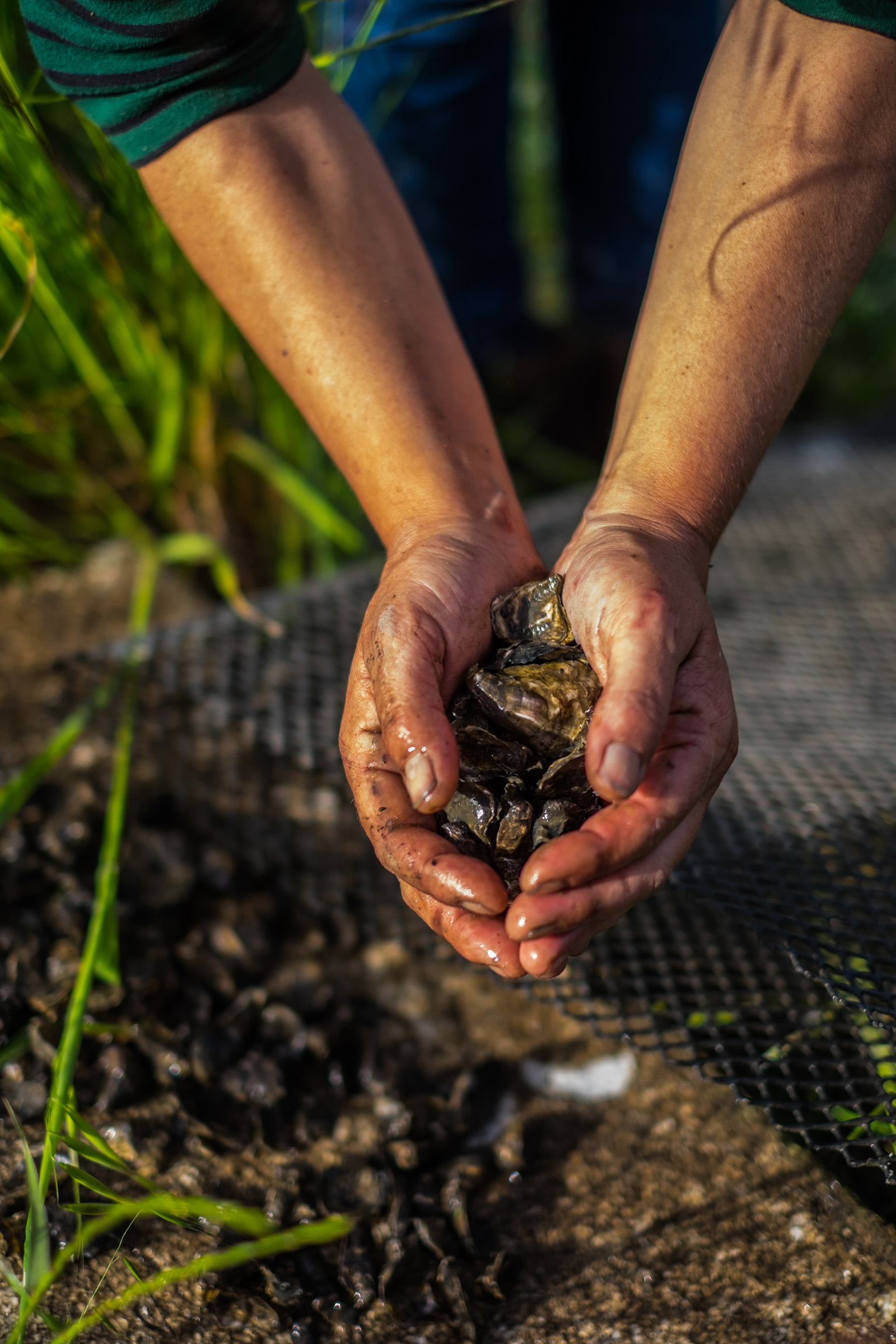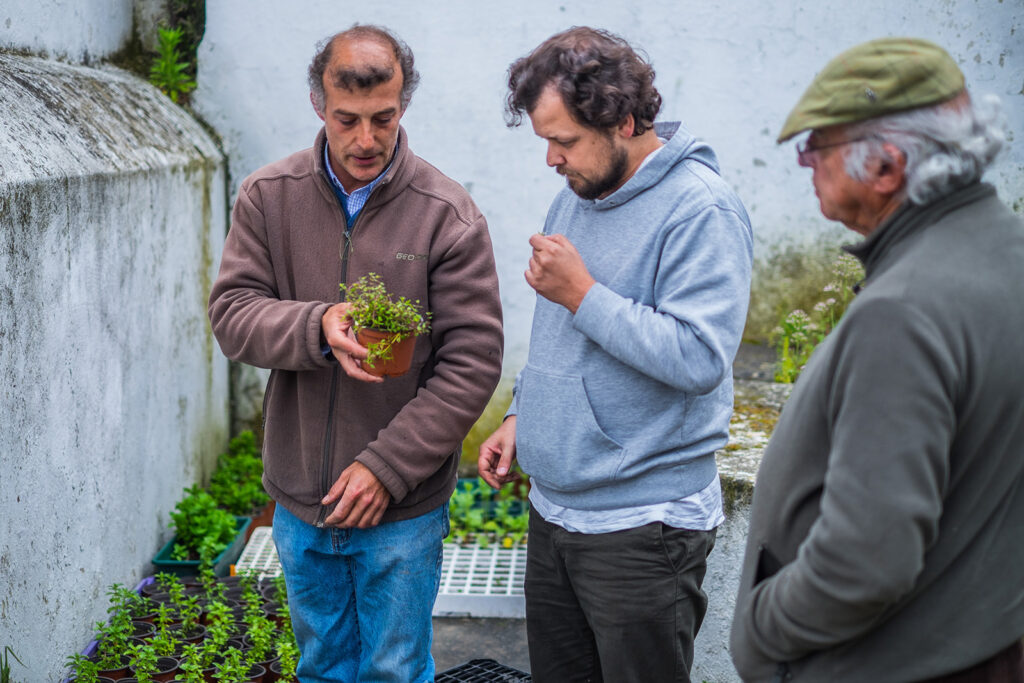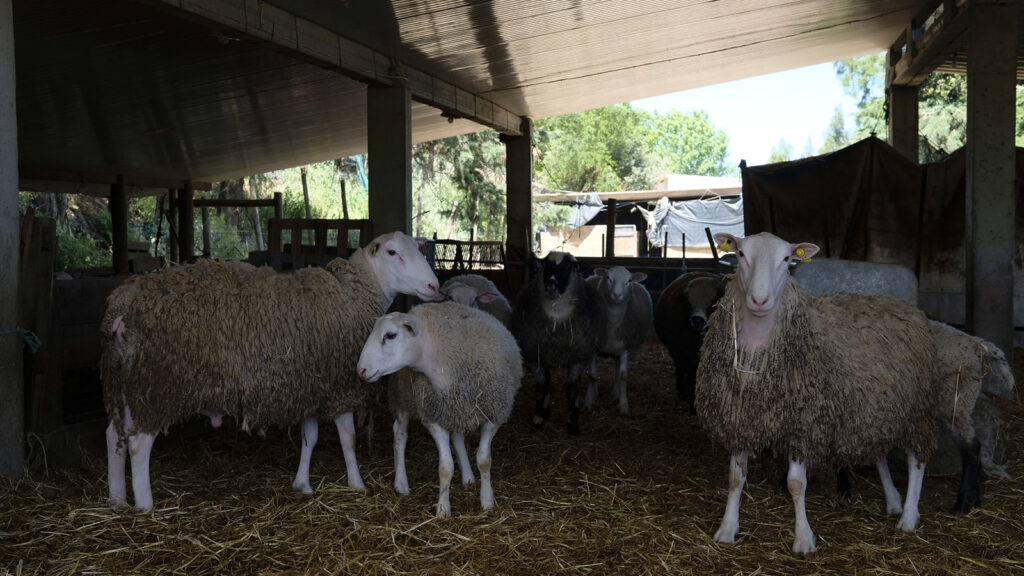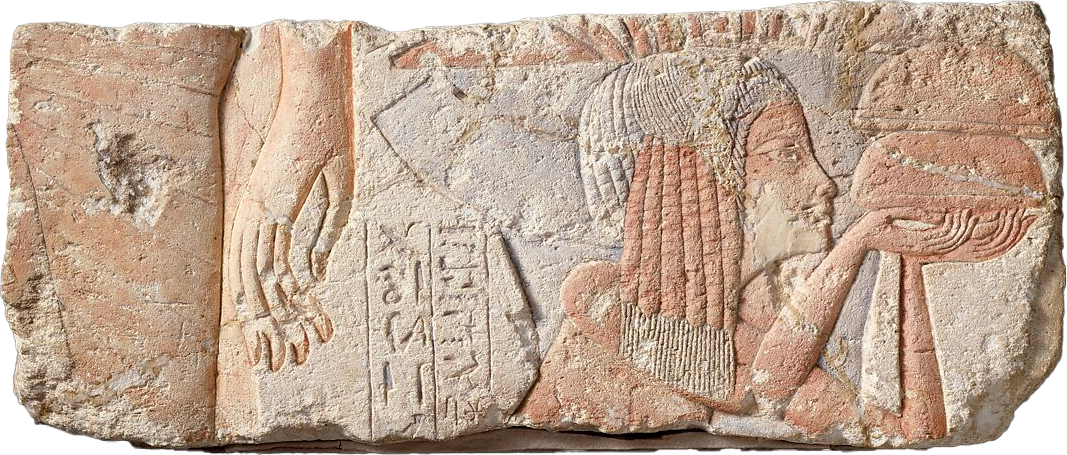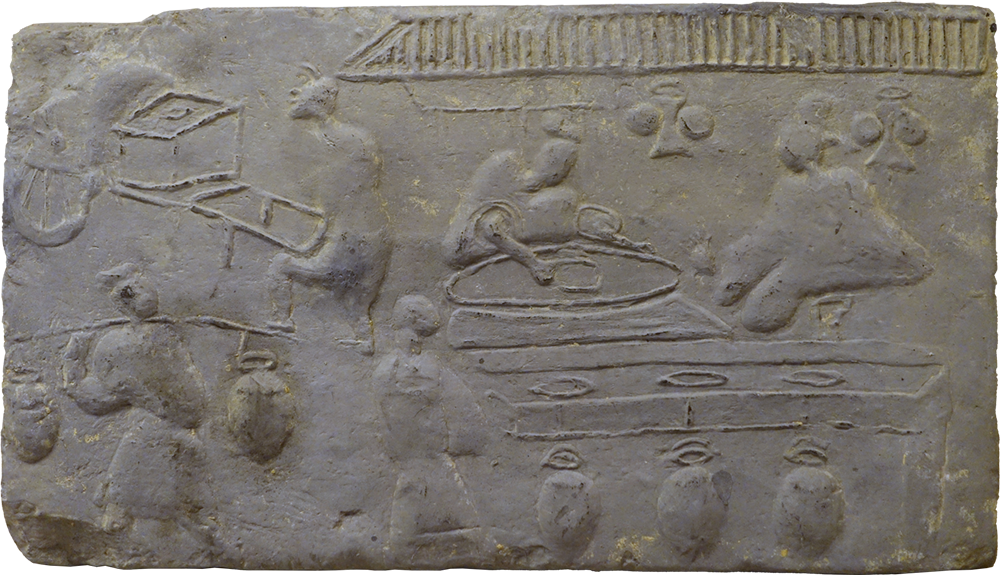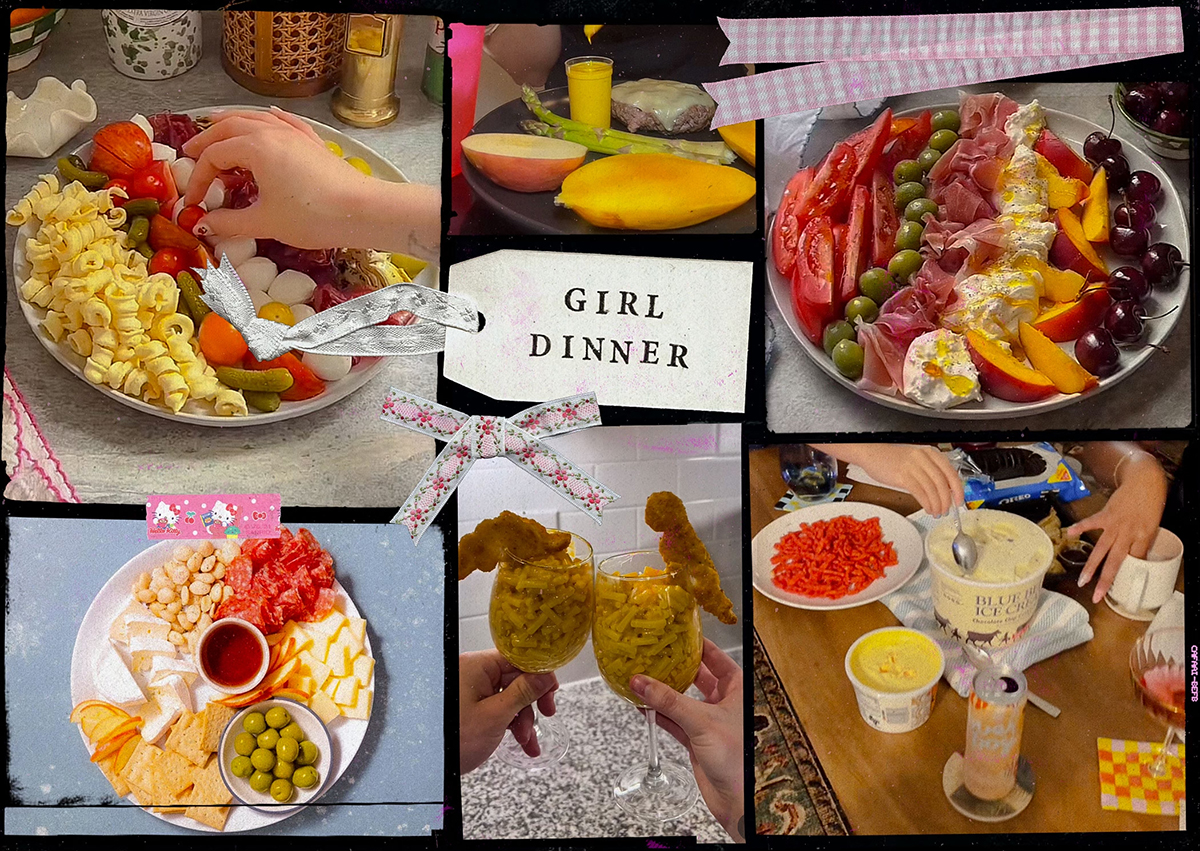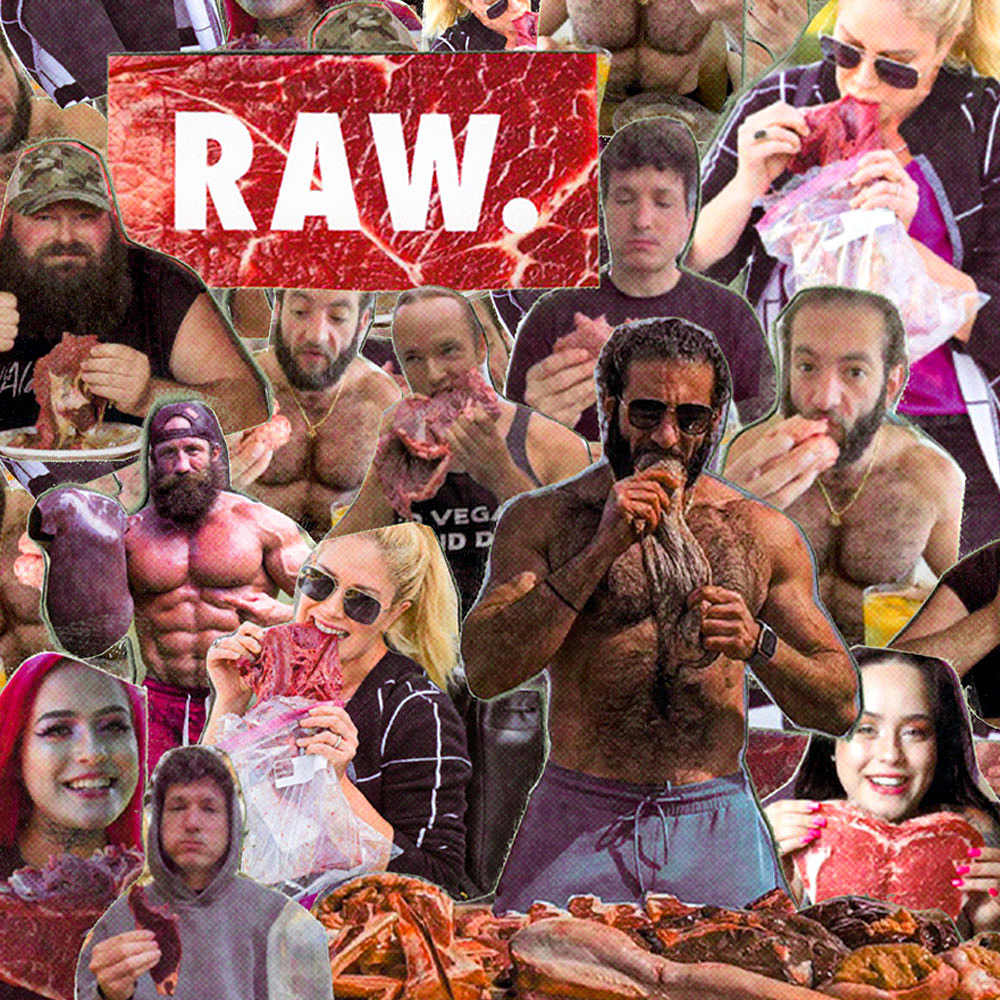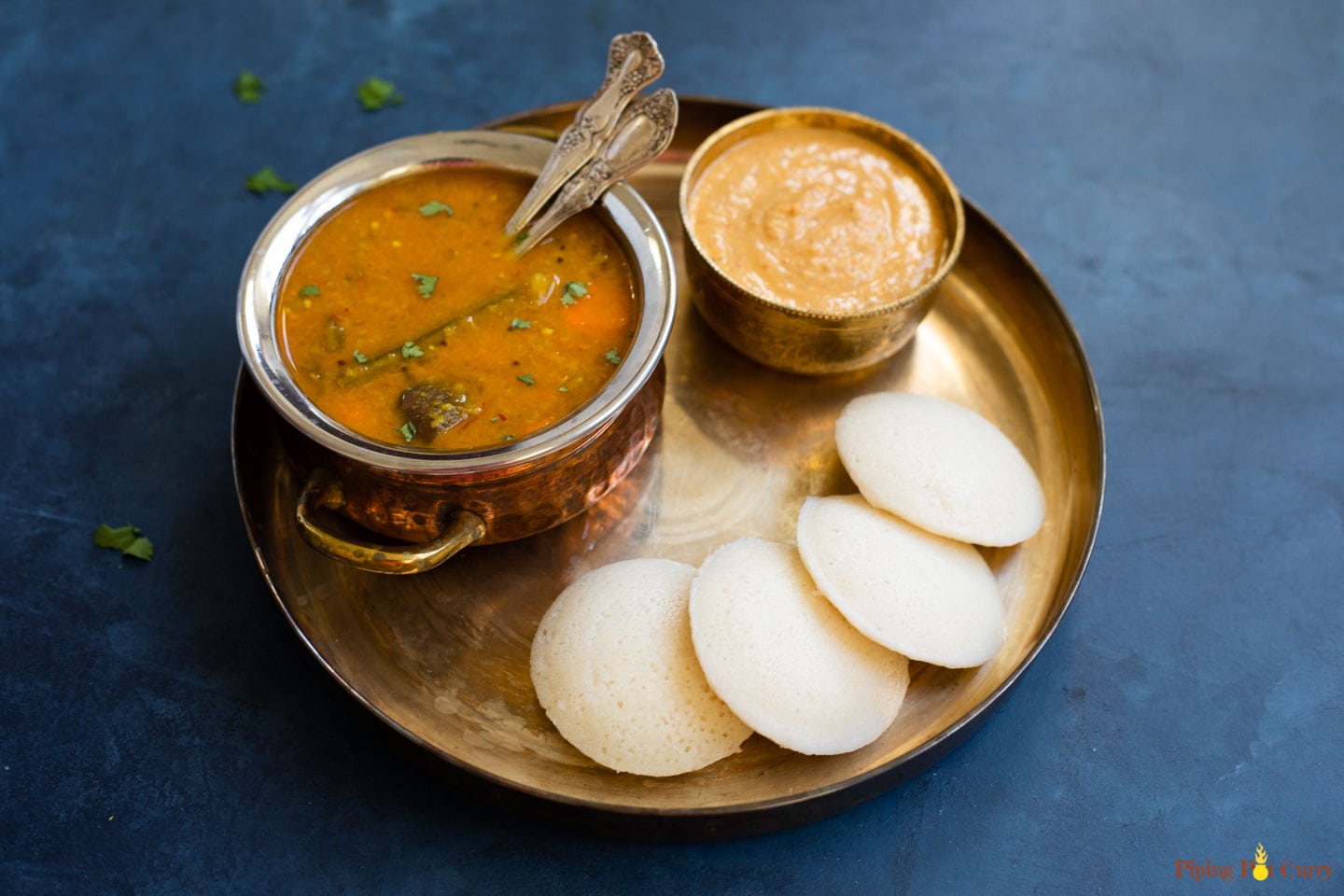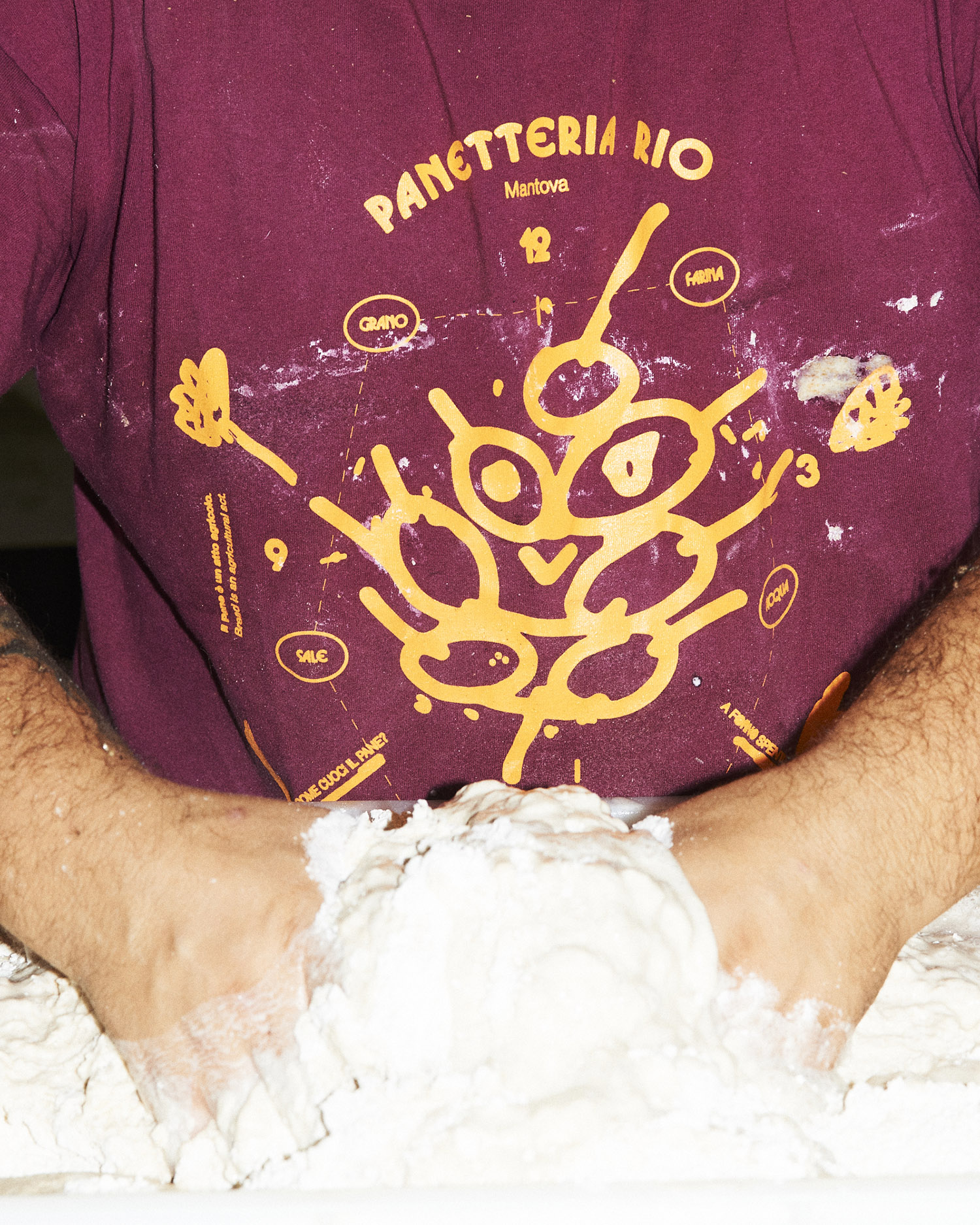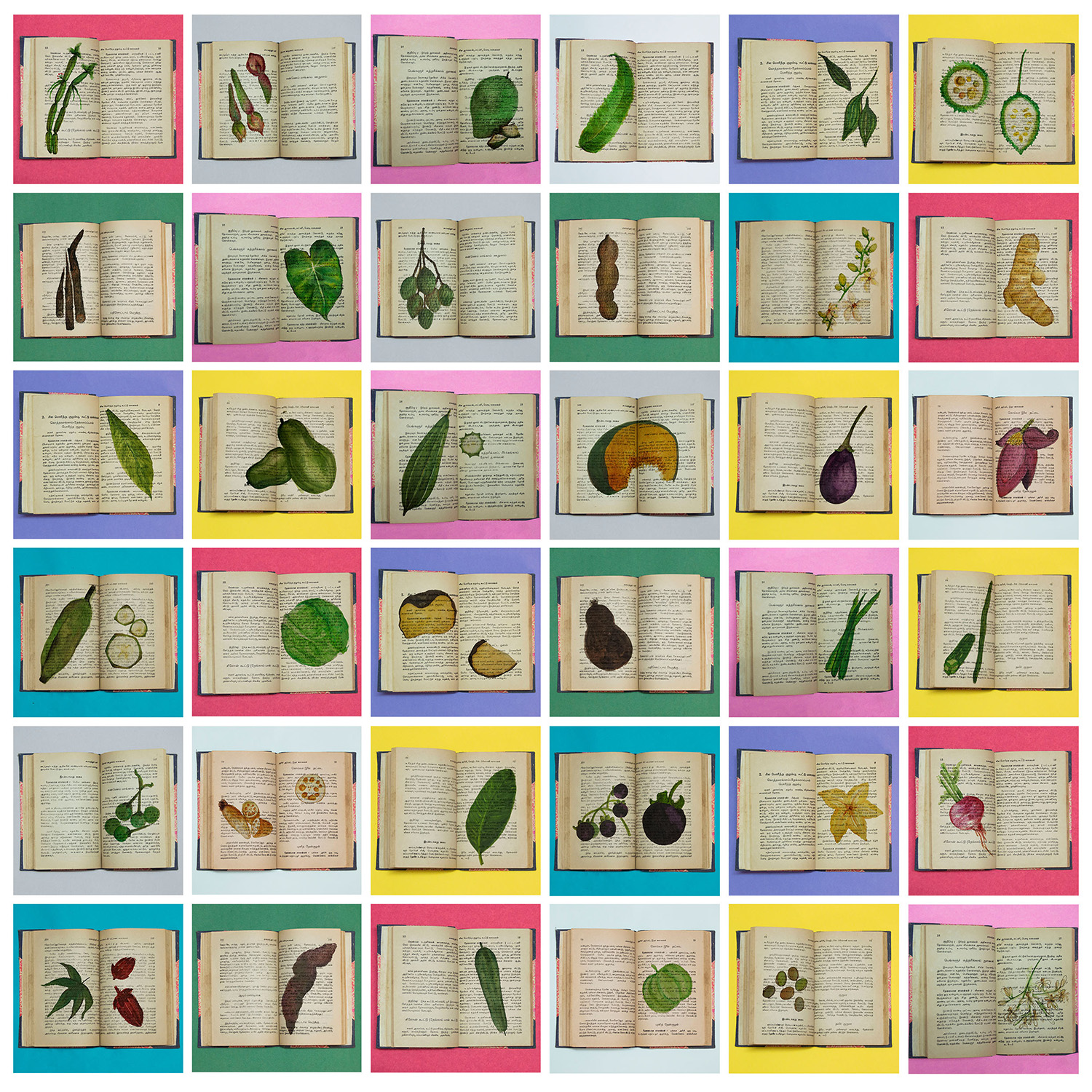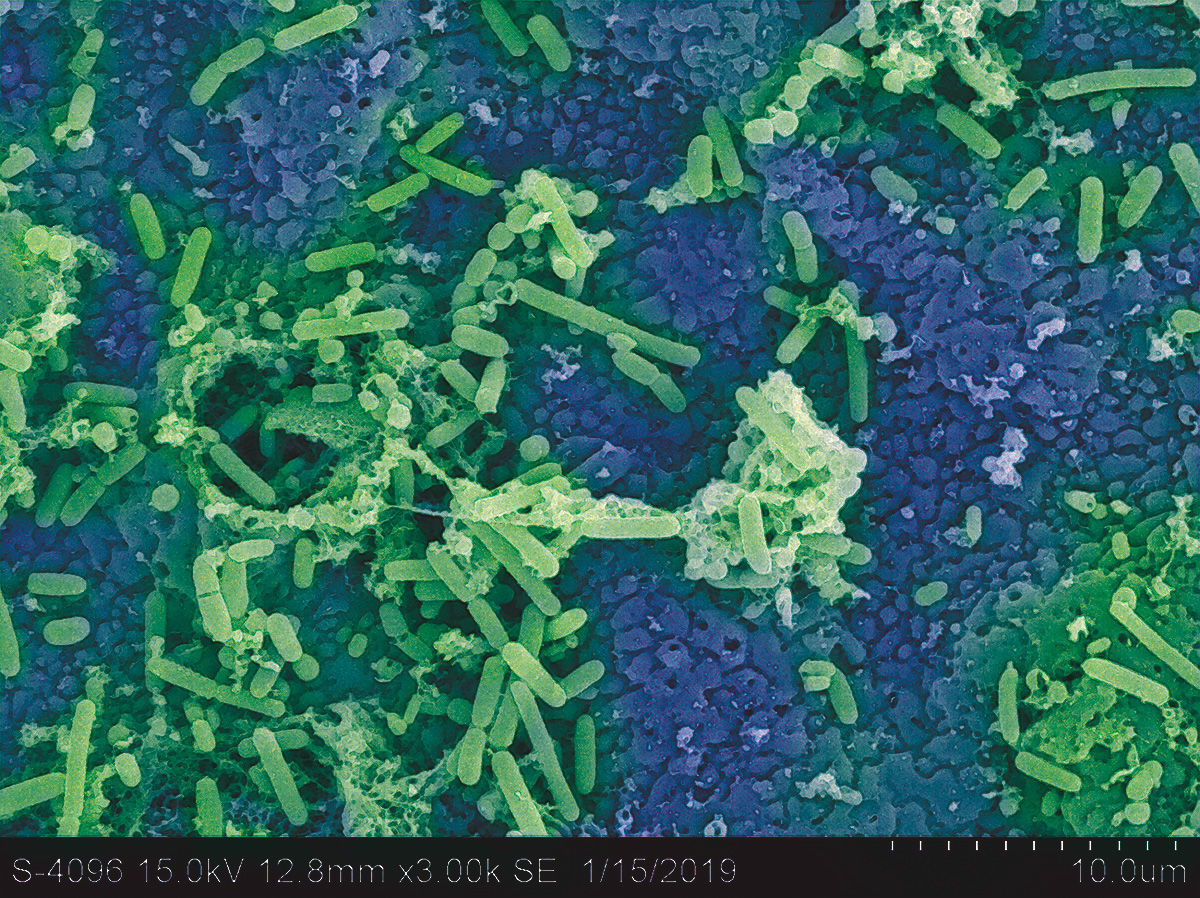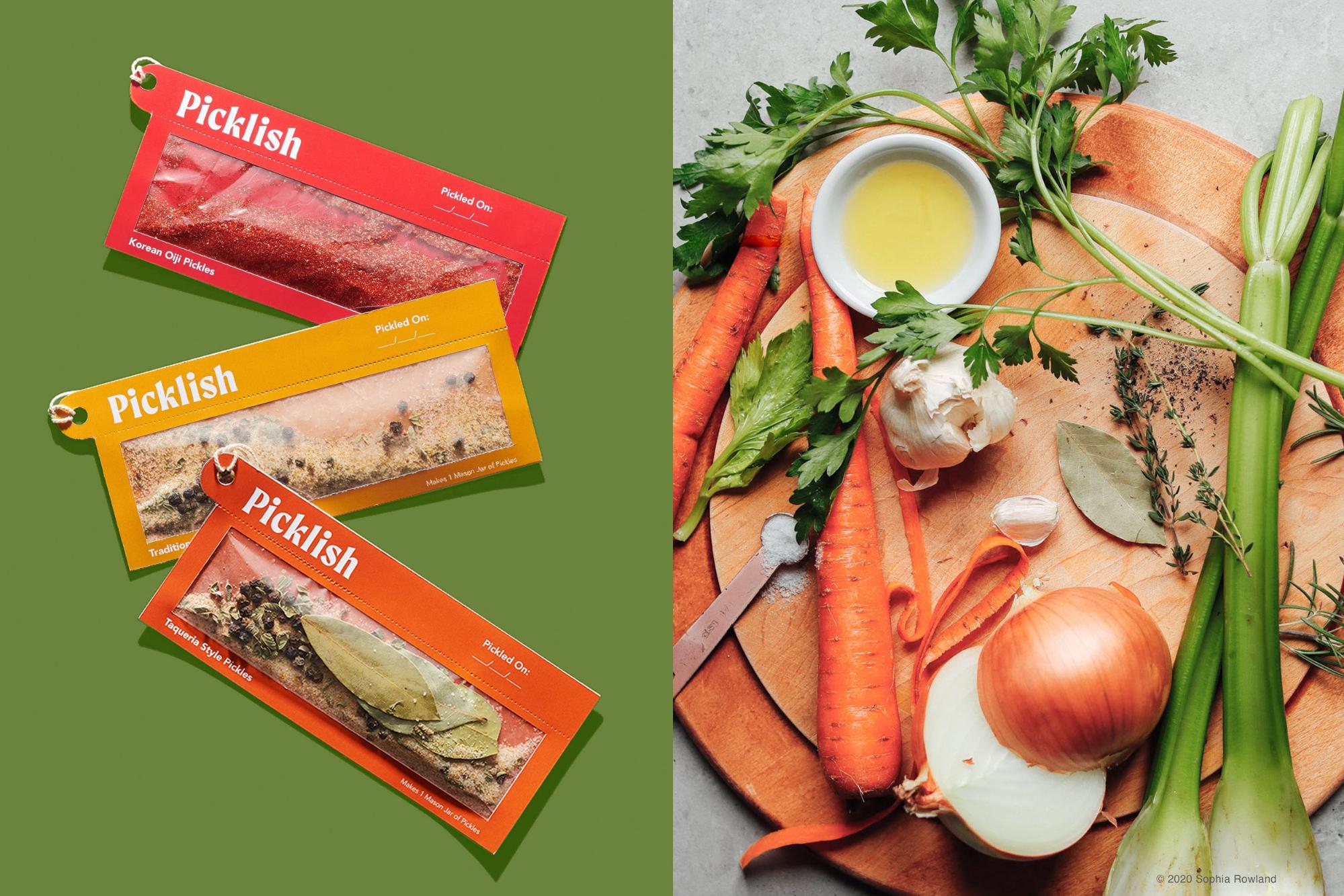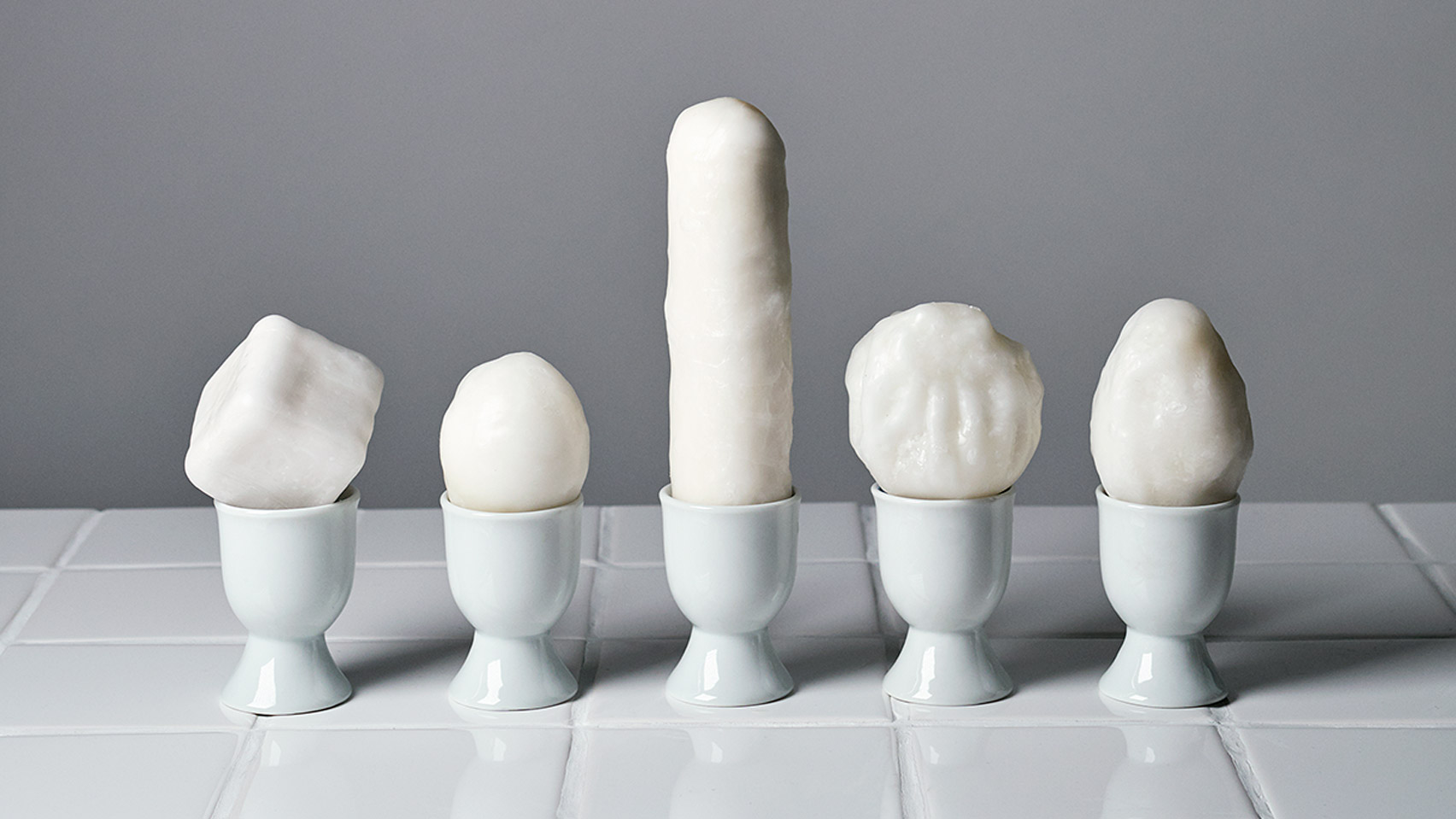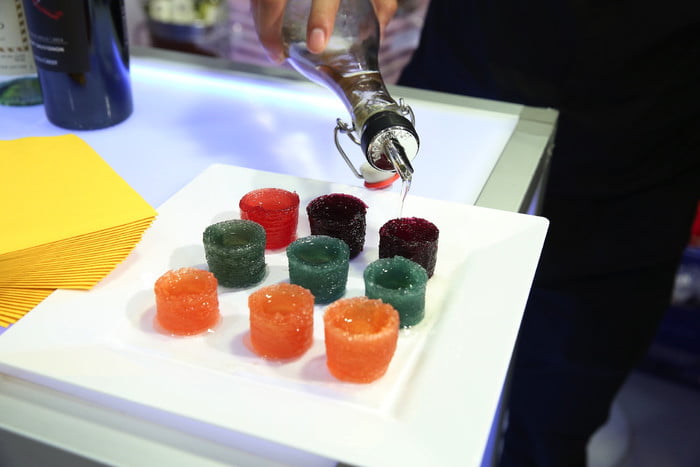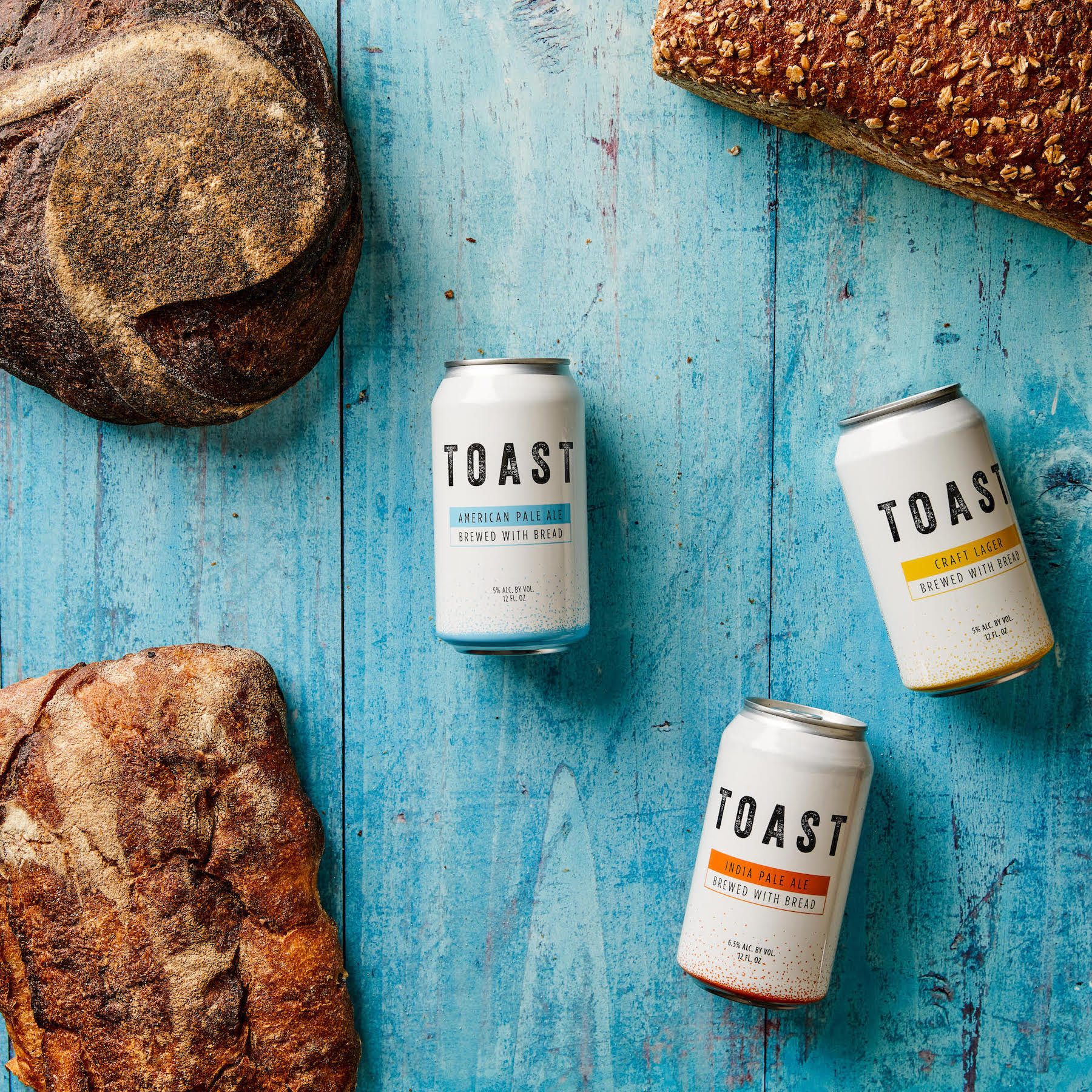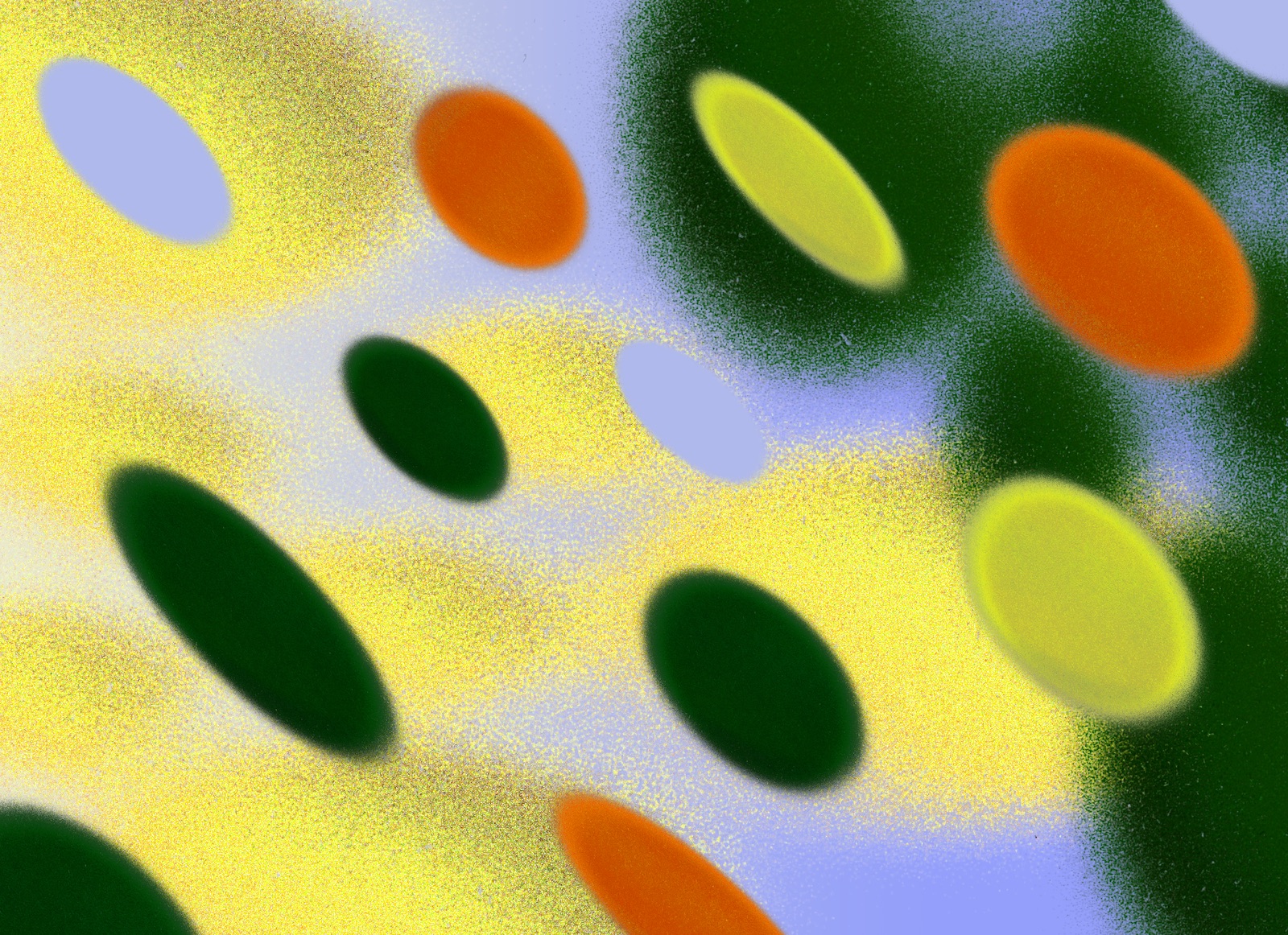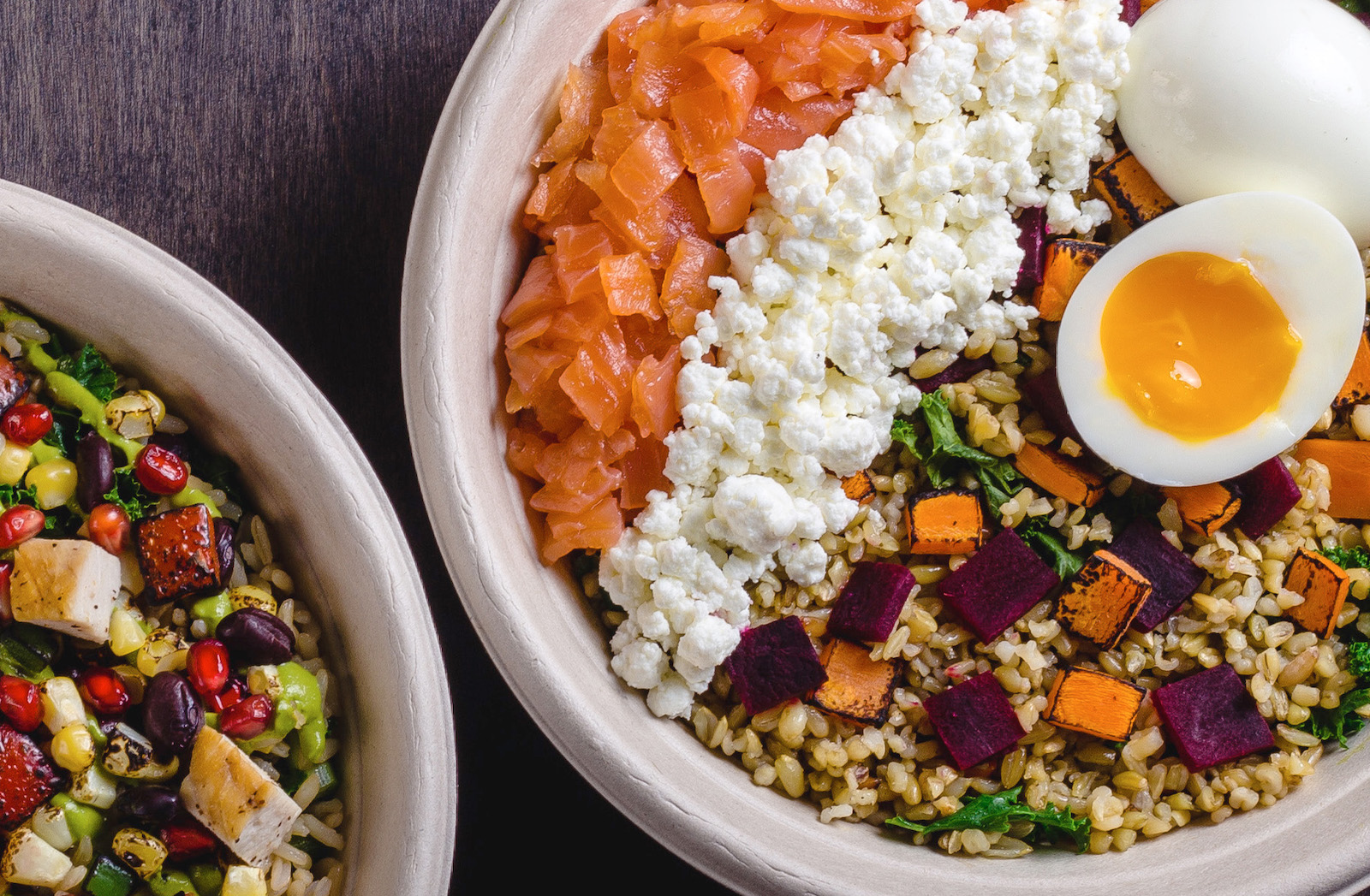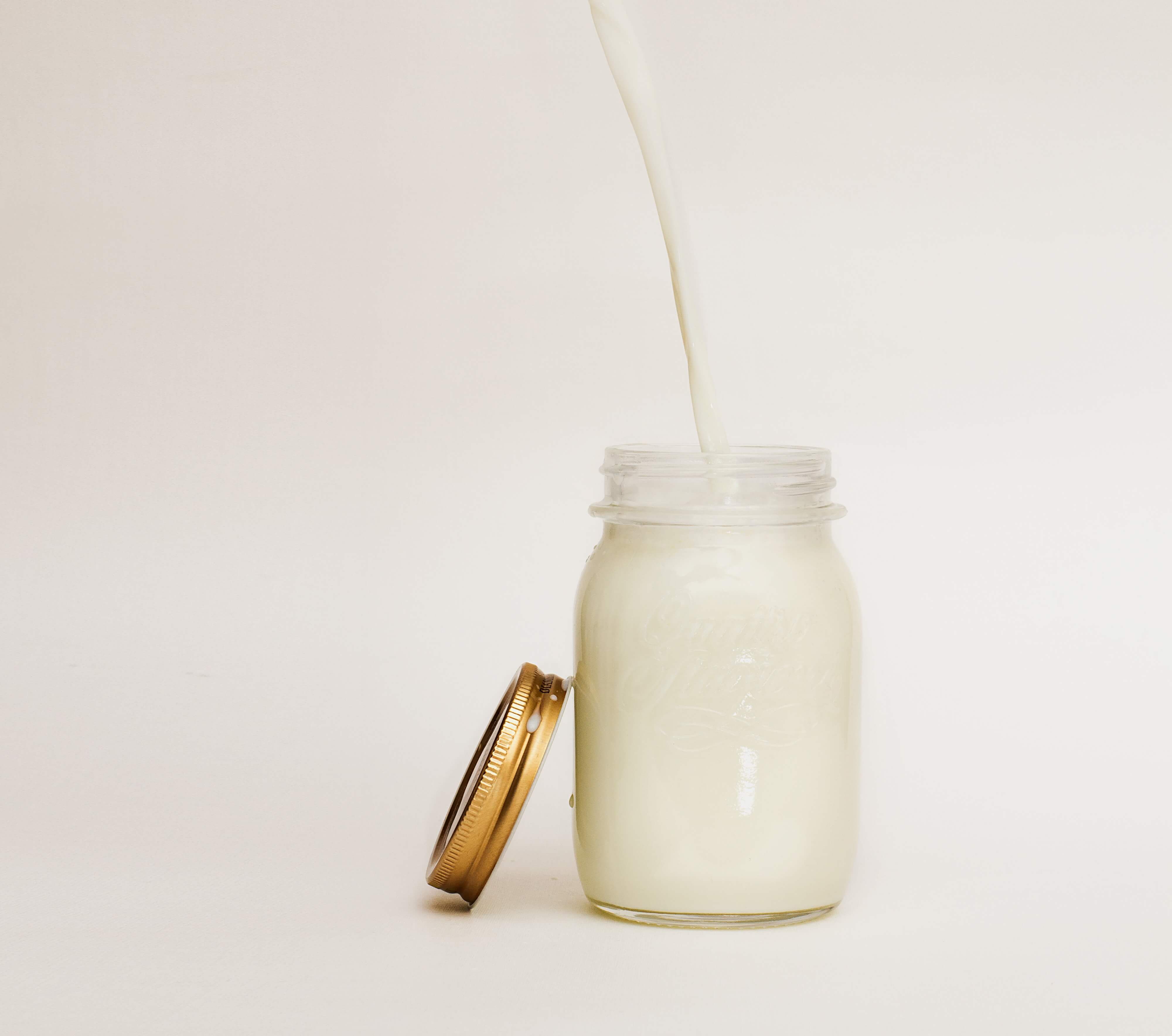It all started with a chef’s simple need: to find his identity. In 2015, the Portuguese chef João Rodrigues already had a Michelin Star for his Lisbon restaurant, Feitoria, when he felt the need to define what he really wanted to give to his clients—what the takeaway from his dining experience would be. As cliché as it may sound, the answer was in the ingredients: “We wanted to make our own way and support it with Portuguese products. When I tried to find where these products were I came across the immense difficulty of identifying the people that made them”, explains João in an interview for MOLD.

The first thing he did was call his chef friends to ask about their local suppliers—the most special ones that truly worked in ethical ways in order to achieve tasty and sustainable fruits, vegetables, meat, fish, seafood. From the phone to the road, he launched a journey that continues to this day. Projecto Matéria is now an online compendium of the best chef-recommended farmers and producers in Portugal—mostly small, family-owned businesses.
At first there was some disappointment: “We wanted a clean product, no chemicals, ethical and at the beginning that was hard to find. In 15 visits to producers, more than 50% were scratched off because they didn’t comply,” with the original vision claims the chef. With time, the few producers that he was able to find started to tell him about other like-minded projects, and word of mouth kicked in.
At Feitoria (which he recently left to start a new project) he started to showcase the raw materials that he sourced—whole lobsters and john dorys, little baskets of wild mushrooms, the most delicate strawberries, beautifully marbled pieces of Portuguese beef and pork—before serving them on the plate. It was an instant success. The buzz around his work as a cook and as an investigator made him realize that it was more about the producers he met—the people—than the food.
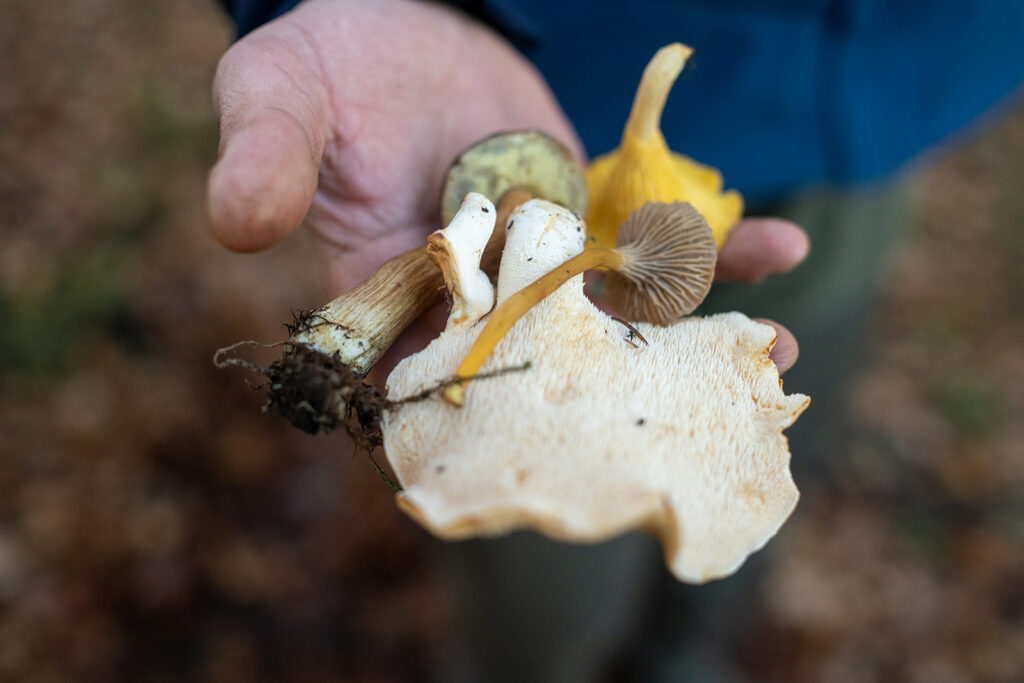
“I realized that I should be focusing almost more on the people than on the product itself. It made perfect sense to adopt a more humanistic view of production, to showcase the people behind the food, their history, their values. Telling their stories was a great way to better value their work”, he understood.
Rodrigues considers that “one of gastronomy’s major problems is the lack of information” and it seemed obvious that “by showing faces, you’re generating and sharing knowledge that will help everyone, from the producer to the planet,” he says. That is why in 2017, with the help of his wife Vânia Rodrigues, he decided to create the Projecto Matéria that exists today, an open listing of the best that Portugal has to offer, together with the stories of the people that make it and their direct contact.
In March of 2020 they finally launched Matéria’s web site, the backbone of the project, and even though the pandemic had everyone locked in, the project kept growing: “As we were able to create more interest in these people, opportunities began to appear and the wheel really started turning,” tells João.
In recent years, many producers began to see that it was worth coming to Lisbon, for example, to sell their products. They realized that they could invest a bit more in what they were doing, and that there was a critical mass ready to appreciate their work. Synergies between producers from all over Portugal started to happen, too, like sharing seeds and giving surplus production to help feed animals. But João sees beyond the transactional outcomes of his work.
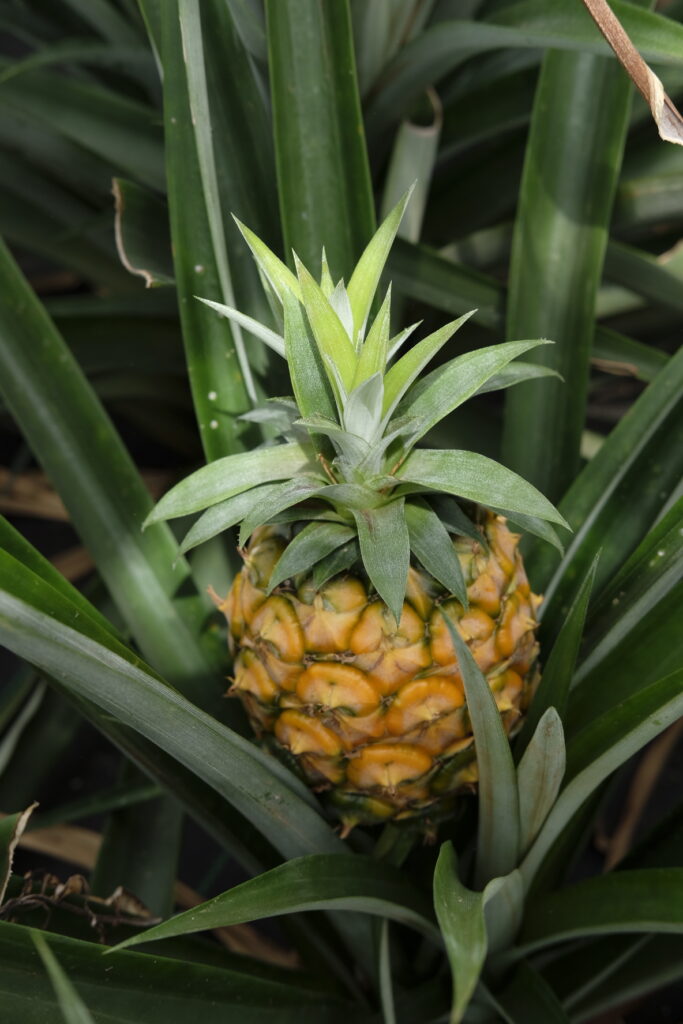
“These producers are guardians of their territory, of history. Many have been doing the same job for four or five generations! If they become points of interest, their regions benefit,” he says. “There is much more to it than just getting the best milk, meat, vegetables, etc. If we value them and if they manage to make a living from what they do, we are ensuring that our country and its culture won’t fade.”
João Rodrigues almost doesn’t believe how much Matéria grew: “Never in my life did I dream it could come to this,” but he aims to go further. Partnerships with other similar projects from abroad are in the cards for the near future. He also plans to host a major annual event, open to everyone, with a knowledge sharing ethos. However, one of the goals he’s most eager to achieve is taking Projecto Matéria to school: “We want to enter the educational system. We’ve tried, but it’s very difficult. If we can give this basic education to kids they will hopefully be more aware of the importance of food and food production. We really want this [project] to help them become conscious consumers when they grow up”.
